The song
Jean Ritchie wrote Wintergrace for her 1987 album Kentucky Christmas: Old and New, in which she is accompanied by two of her grandsons and some of their musician friends who comprise the early music ensemble Hesperus. (For that version see the video at the end of this essay.) She explained the origin of the song in the liner note from that album:
Ice and snow mean hardship to city people, as I learned when I came to New York and had my first taste of “rush hour” during a January storm. How different from our Kentucky mountainside farm! Here, the cold means a needed breathing space – the land, the animals, people all rest and gather strength of body and spirit to begin the growing cycle again, in the spring. . . . I wanted to sing about this feeling of winter grace and peace. There was no old song for it, so I made this one.
This recording of Jean Ritchie’s Wintergrace is by Laurie Lewis and Tom Rozum, and is from the above 1999 album. They both began their musical careers in the early 1970s, and began a long-term musical partnership in 1986. They are best known for their bluegrass music, but also perform folk, country, and even some pop music. Tom now appears to be retired due to health issues, but Laurie still actively records new albums.
The following lyrics for Wintergrace are from a Mudcat Discussion Forum thread in which Ms. Ritchie participated:
This is the time so well we love,
The time of all the year;
When winter calls with chilling breath,
For fireside and good cheer.
A time for man and beast to stand
And feel the season turn;
To watch the stars for secret signs,
And God's true lessons learn.For the time when the corn is all into the barn,
The old cow's breath's a frosty wine,
When the morn along the fallow field
Doth silver shine.And when cold morning's radiant star
Shines over hill and plain;
We know anew that little Babe
Is born to us again.
And man and beast and bird in tree,
Each one in his own place;
We bow our hearts and thank our God
For winter rest and grace.
For the time when the corn is all into the barn,
The old cow's breath's a frosty wine,
When the morn along the fallow field
Doth silver shine.
Essay: The goddess of American folk music [word count 467]

Jean Ritchie (1922-2015) grew up the youngest of 14 children in Viper, a remote valley in the Cumberland Mountains in southeastern Kentucky -- in Perry County, a region later devastated by coal strip-mining. Her ancestors had settled there in 1768 and had brought traditional music from the old country with them.
The family was both musical and isolated. (Her parents didn’t get a radio until the late 1940s after all the children had grown up and moved away.) All of the family members knew a huge repertoire of old songs from memory. Her family has considerable prominence in the folk music world and were an important source of Appalachian variants of English, Scottish and Irish folk music for such song-catchers (folk music collectors) as Josiah Combs, Cecil Sharp, and John Jacob Niles. Jean documented their musical heritage as well as her childhood home life in her family autobiography Singing Family of the Cumberlands.
She later became an acclaimed musicologist herself, both collecting songs from rural sources, and researching and analysing the roots of her family’s repertoire from sources in Ireland and Great Britain. But she is primarily remembered as a singer of authentic traditional music, as a songwriter in the traditional style, and for having brought the Appalachian dulcimer down from the mountains and to the attention of America’s folk music world. In fact, when I was introduced to folk music while in high school I built myself such a dulcimer from a kit. But I never became competent at playing it, let along proficient.

Below is an atmospheric video montage of Jean singing and playing Wintergrace, possibly filmed in 1987 (Click on the image.)
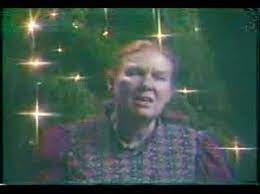
This video was made by Jean’s life-long husband George Pickow, a photographer and filmmaker who has his own acclaim for documenting folklore. He was the cinematographer for this 1953 documentary by Alan Lomax and Peter Kennedy about traditional celebrations that have long been held in Padstow, Cornwall on May 1. We call it May Day, but it was known to the ancient Celts as Beltane - the end of Springtime and the beginning of Summer. It was apparently one of the most important festivals of the Celtic year, and celebrating it was one of the holidays that the church never successfully Christianized.
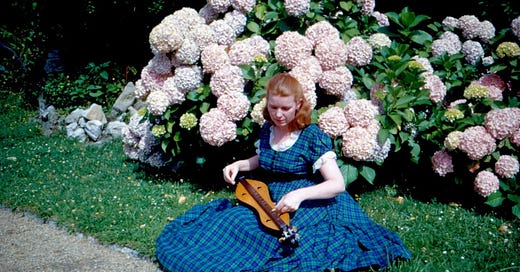




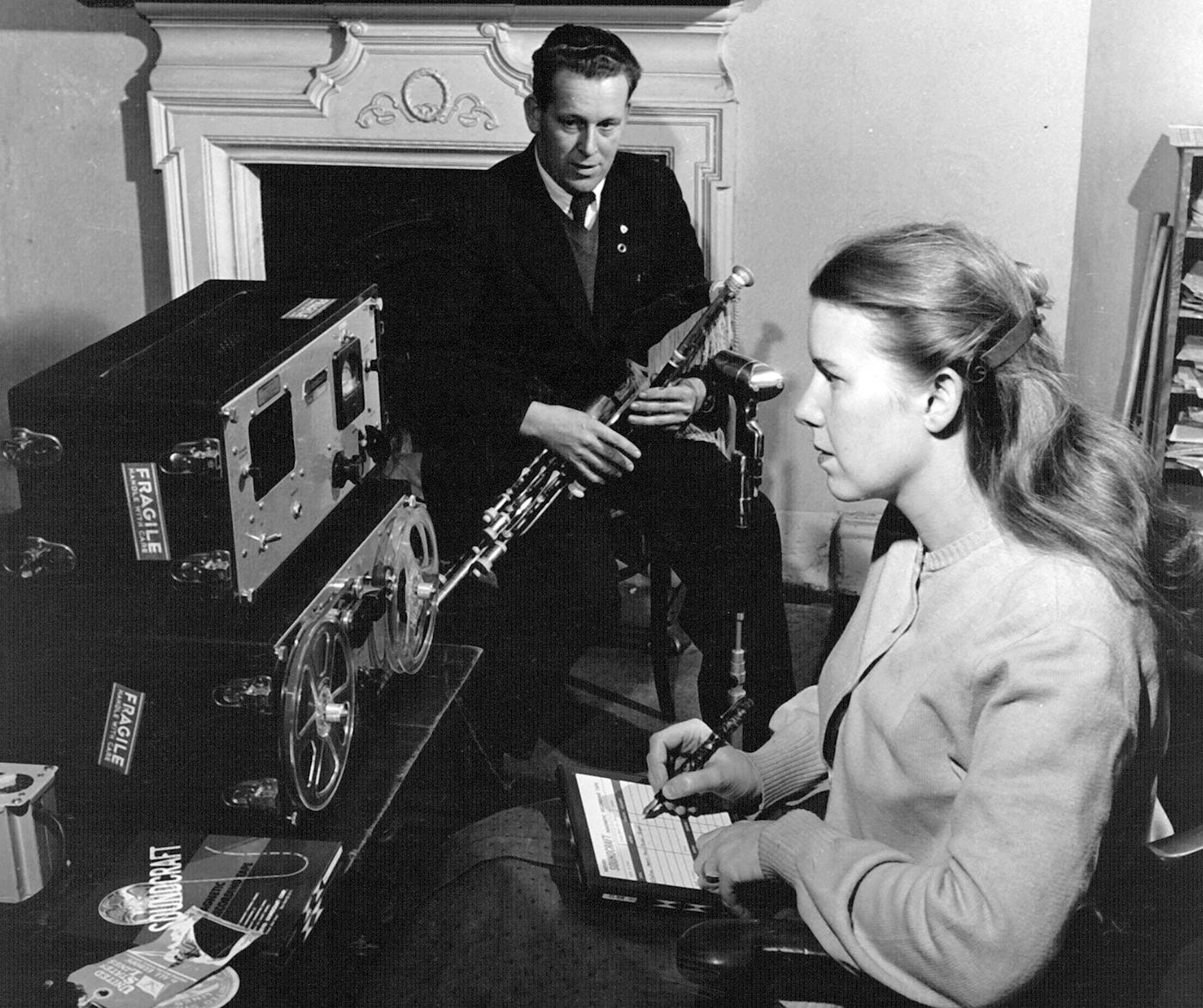

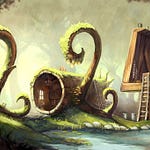


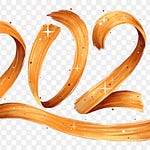

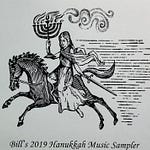
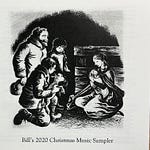

Share this post